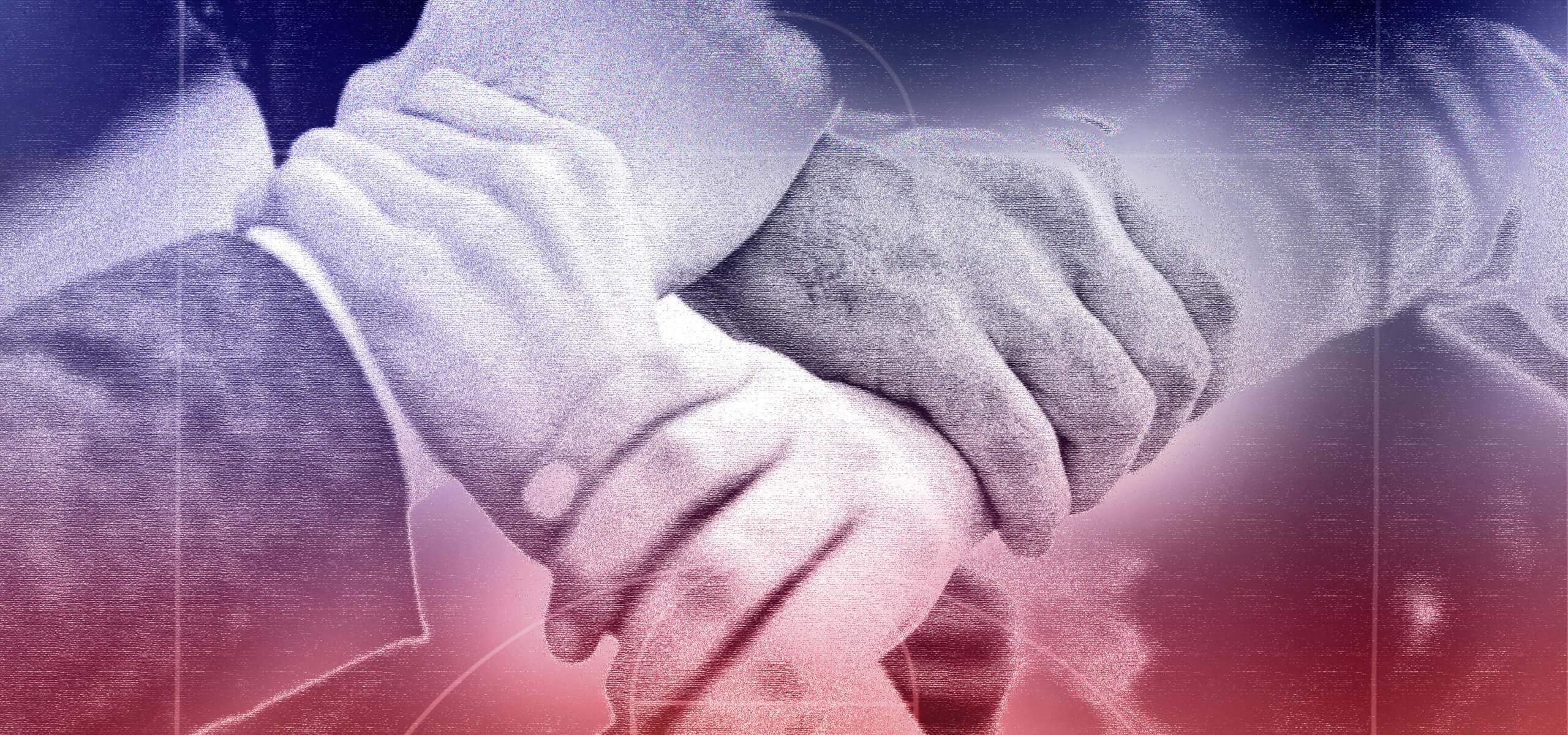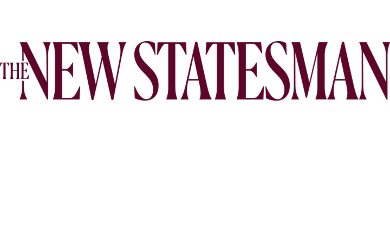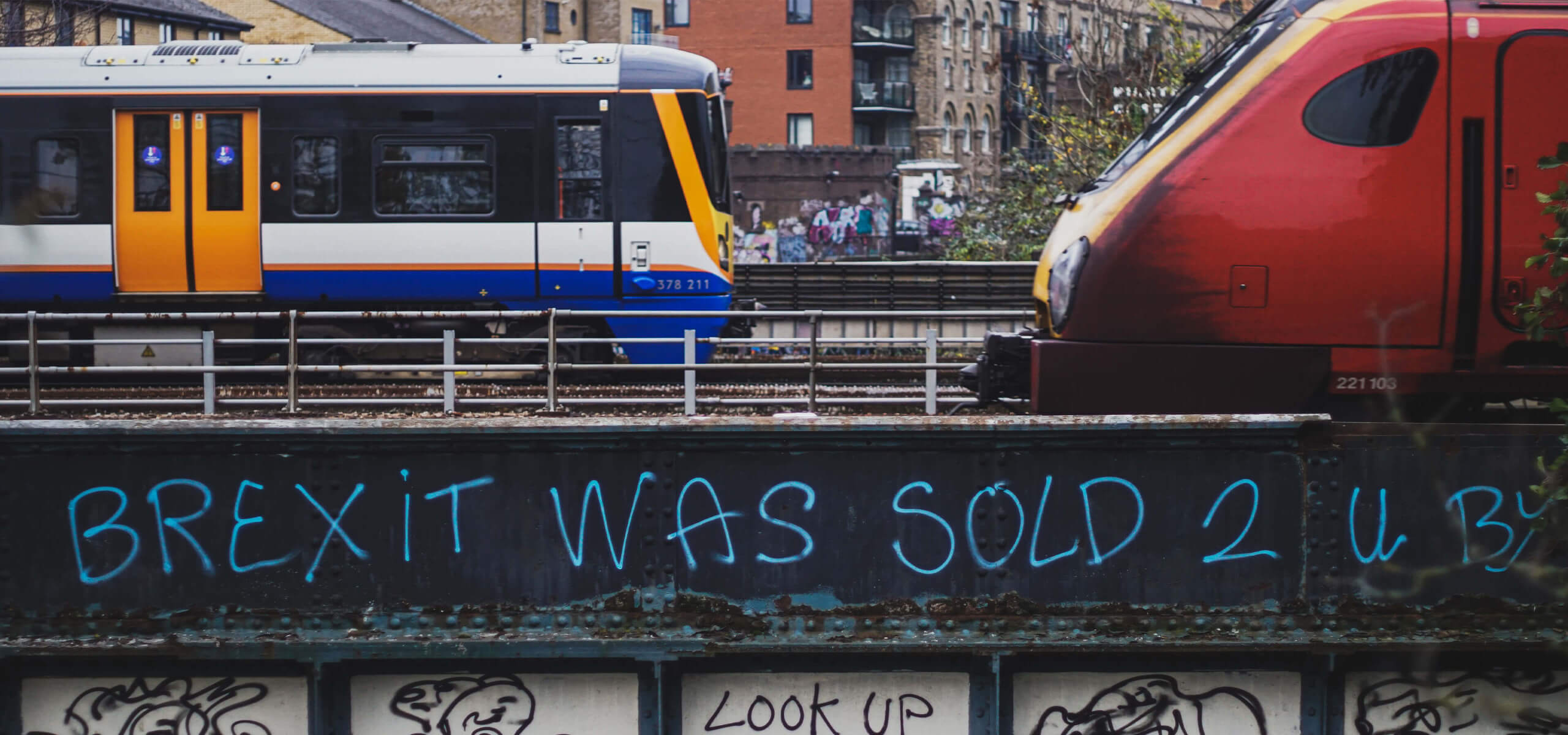The Centre Holds

Despite elites’ attempts to divide Britain in the culture wars, a tolerant centre ground prevails
British people have more in common than we think. Whilst a healthy diversity of thought exists, there is strong consensus amongst the British public on many issues broadly perceived as divisive including race, gender, British history and the monarchy.
We are proud of our history, but we want to change. A strong majority of us (77%) believe that Britain has done good in the world, with 67% believing that it has also done damage. It follows that almost two in three of us believe that change is needed to make society fairer.
A tolerant, reasonable, centre ground holds strong. Despite a narrative of increasing polarisation, four in five people believe that it’s important to be attentive to issues of racial inequality and social justice – the Merriam- Webster definition of ‘woke’.1 This includes an overwhelming majority of Leavers and Conservative voters.
People believe that politicians and journalists divide us. Over two thirds of voters believe that elites are undermining unity and amplifying division. We know media outlets have an incentive to sensationalise splits to grow their audiences, whilst politicians can profit from weaponising division against their opponents.
Attempts by journalists and politicians to divide the British people are dangerous because they can work. Psychology suggests that increased polarisation arguably has less to do with significant ideological differences than it has to do with our human desire to see the group (or party) to which we belong as more favourable or moral than another to which we don’t.
The greatest predictor of opinion is whether someone voted to Leave or Remain. However, people’s views are more complex and nuanced than we think. For example, three quarters of Leavers agree it is important to be attentive to issues of race and social justice and 40% of Remainers favour current or more restrictions to immigration.
People blame social media for exacerbating the problem. Biased online communities create an echo chamber effect, which reinforces our own views and renders opposing ones as more and more alien. Some 71% of the British people now conclude that social media creates division.
There is a huge opportunity – and responsibility – for political parties to lay down their arms in the culture wars and support the centre ground. As the local elections approach, politicians and journalists should pursue a more reasonable, respectful and sensible debate. This won’t just help them win, it will also make Britain a stronger and safer democracy.







